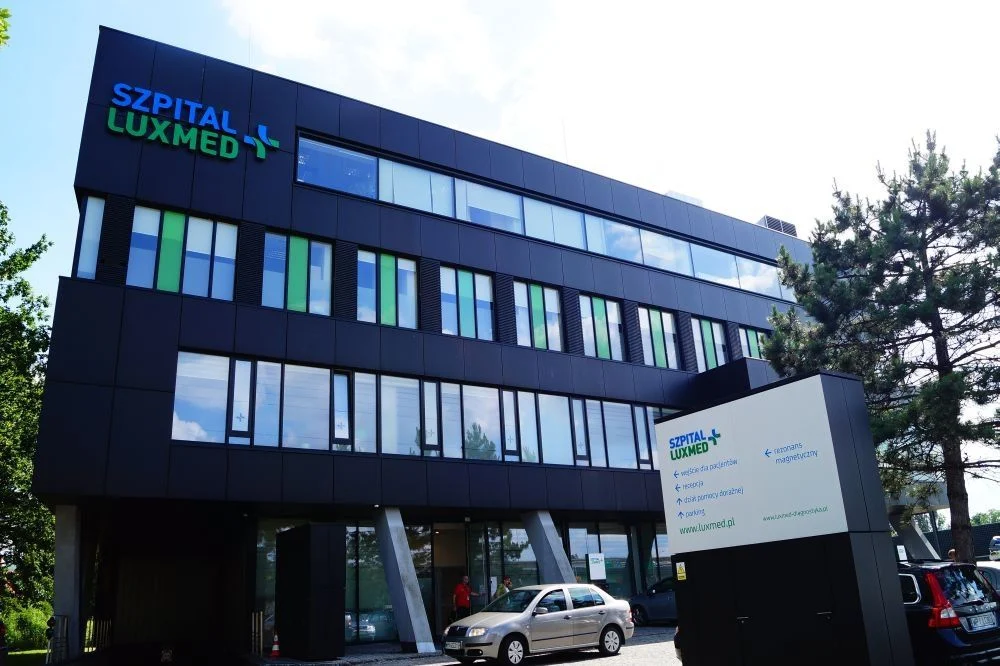We tend to think of sleep as a passive activity – something our bodies do when everything else is done. But in reality, sleep is an active biological process that affects nearly every system in the body. And in recent years, scientists have been paying closer attention to the role it plays in cancer prevention. From circadian rhythms oncology connection to the deeper consequences of sleep disorder cancer chain, the data is becoming harder to ignore.
Lack of Sleep: Cancer Connection
A growing body of research now suggests that chronic lack of sleep may contribute to the development and progression of cancer. The mechanisms are complex, but several key links have emerged.
- Hormonal disruption: Poor sleep affects levels of melatonin, a hormone involved in regulating sleep-wake cycles that may also have anti-cancer properties.
- Immune function: Rest is critical for immune system performance – and immune surveillance is one of the body’s first lines of defense against abnormal cell growth.
- Inflammation: Insufficient or fragmented sleep can increase markers of systemic inflammation, which is a known contributor to many cancers.
The Role of the Body Clock
At the center of this connection is the circadian system – the body’s internal clock that regulates daily rhythms in metabolism, temperature, hormone release, and cellular repair. Disruption of this rhythm, such as from night-shift work, travel across time zones, or chronic insomnia, may increase cancer risk.
Recent studies suggest that circadian clock genes in tumors can influence how aggressive a cancer becomes, how it responds to treatment, and how quickly it spreads. Researchers are now exploring therapies that realign circadian rhythms as part of a broader cancer treatment strategy.
Sleep Disorders and Their Side Effects
Not all sleep problems are created equal. Some, like insomnia, are short-lived. Others – sleep apnea, restless leg syndrome, or circadian rhythm disorders – may persist for years. In people living with cancer, poor sleep isn’t just a side effect. It can complicate treatment, lower pain tolerance, impair healing, and reduce quality of life.
Common insomnia side effects in cancer patients include:
- daytime fatigue;
- irritability and low mood;
- reduced cognitive function;
- increased sensitivity to pain.
Addressing sleep disorders isn’t just about comfort – it’s about better outcomes.
What You Can Do to Improve Sleep and Lower Risk
Improving sleep may not guarantee prevention, but it’s a low-cost, low-risk step toward better overall health. Some helpful practices include:
- going to bed and waking up at the same time each day;
- limiting screen use an hour before sleep;
- avoiding caffeine and heavy meals late in the day;
- creating a dark, quiet, and cool sleep environment;
- speaking with a doctor if sleep problems persist.
Want help from a sleep specialist or oncologist? Submit a request on our website, and we’ll connect you with a trusted expert tailored to your needs.
Shenzhen Genoimmune Medical Institute (GIMI)
The Shenzhen Geno-Immune Medical Institute (GIMI) stands at the forefront of gene and immune cell therapy, pioneering innovative solutions beyond FDA-approved CAR-T treatments. Led by renowned expert Prof. Lung-Ji Chang, inventor of the widely-adopted lentiviral vector system, GIMI has delivered effective treatments for over 1,000 cancer cases with cutting-edge 4th generation CAR-T technologies.
Is there a correlation between sleep and cancer?
Yes. Studies show that chronic sleep deprivation or circadian disruption may raise the risk for several types of cancer, including breast, prostate, and colorectal cancers.
What is the role of circadian clock genes in tumors?
Clock genes help regulate cell cycles and repair. When disrupted, they can affect tumor growth, resistance to treatment, and cancer progression.
What are the health issues with circadian rhythm?
Disrupted circadian rhythms can lead to hormonal imbalance, immune suppression, metabolic issues, and increased inflammation – all of which may contribute to cancer and other chronic diseases.












